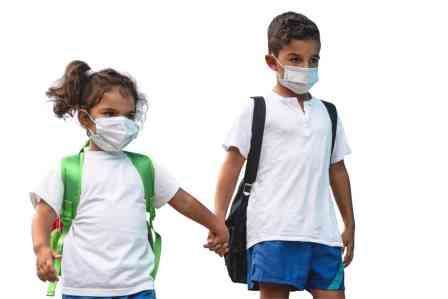Global Education Crisis: Over 250 Million Children Denied School Access.
-
by
CEO/Founder
- No Comments on Global Education Crisis: Over 250 Million Children Denied School Access.
Education Globally: A Comprehensive Overview
Global Education Statistics: As of recent statistics, there are approximately 258 million children, adolescents, and youth who are out of school worldwide. This staggering number represents a significant challenge in achieving universal education access and equity. Various factors contribute to this issue, including poverty, conflict, discrimination, disabilities, and inadequate infrastructure.
Reasons for Out of School Children:
- Poverty: Economic constraints often force families to prioritize necessities like food and shelter over education expenses.
- Conflict and Displacement: Children living in conflict zones or refugee camps often face barriers to education due to violence, displacement, and lack of resources.
- Gender Discrimination: In many societies, girls face systemic barriers to education, including cultural norms, child marriage, and gender-based violence.
- Disabilities: Children with disabilities often lack access to inclusive education environments and face discrimination in mainstream schools.
- Inadequate Infrastructure: Remote or rural areas may lack schools, qualified teachers, and essential facilities like clean water and sanitation, making access to education challenging.
Education Access and Equity: Promoting education access and equity is crucial for breaking the cycle of poverty and fostering brighter futures for all children. Key initiatives to achieve this goal include:
- Equal Opportunities: Ensuring all underserved children have access to quality education regardless of gender, ethnicity, socioeconomic status, or geographical location.
- Inclusive Education: Creating inclusive learning environments that accommodate diverse learning needs, including those of children with disabilities and marginalized communities.
- Investment in Education: Governments and stakeholders must allocate adequate resources to education, including funding for schools, teacher training, and infrastructure development.
- Community Engagement: Engaging communities in education initiatives fosters ownership and ensures the relevance of education programs to local contexts.
- Policy Reform: Implementing policies that promote education access, address gender disparities, and protect the rights of marginalized groups is essential for achieving equitable education systems.
Supporting Out of School Children Globally:
- Financial Assistance: Providing scholarships, school supplies, and transportation subsidies can alleviate financial barriers to education.
- Community Outreach: Conducting awareness campaigns and community outreach programs to educate families about the importance of education and address cultural barriers.
- Infrastructure Development: Building schools, classrooms, and sanitation facilities in underserved areas to improve access to education.
- Teacher Training: Training and equipping teachers with the skills and resources to support diverse learners and create inclusive classrooms.
- Partnerships and Collaboration: Collaborating with governments, NGOs, and international organizations to leverage resources and expertise in addressing education challenges globally.
In conclusion, ensuring education access and equity is not only a moral imperative but also a fundamental human right. By investing in education and supporting out of school children, we can create a more equitable and prosperous future for all.




